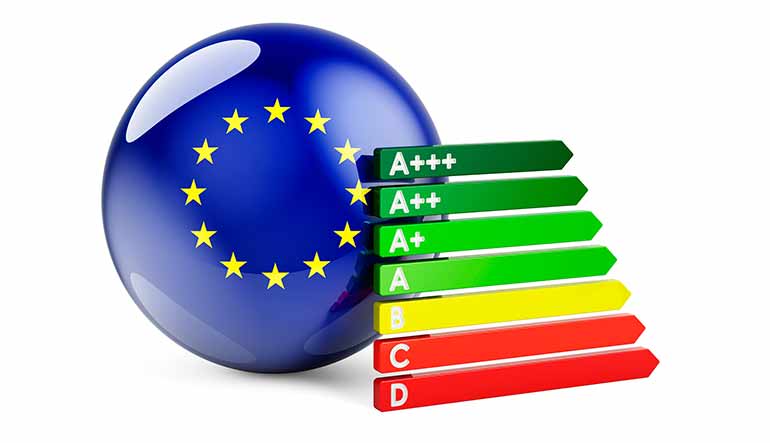

The European Union (EU) has long been at the forefront of promoting sustainable and energy-efficient technologies. In this pursuit, the EU has implemented regulations aimed at reducing energy consumption and environmental impact. One such rule is the ban on the use of brush motors. In this essay, we will explore the reasons behind this ban and the positive implications it holds for energy efficiency and environmental sustainability.
Brush motors, also known as brushed DC motors, have been widely used in various applications due to their simplicity and affordability. However, they come with inherent limitations. Brush motors rely on physical contact between brushes and commutators, resulting in friction, wear, and the generation of heat and electromagnetic interference. These factors lead to energy losses, reduced efficiency, and increased maintenance requirements.
The ban on brush motors in the EU is primarily driven by the desire to improve energy efficiency and reduce carbon emissions. Brushless DC (BLDC) motors, which are replacing brush motors, offer significant advantages in terms of energy efficiency. The absence of brushes eliminates friction, reducing energy losses and improving overall motor efficiency. As a result, appliances and devices powered by BLDC motors consume less electricity, leading to reduced energy consumption and lower greenhouse gas emissions.
BLDC motors not only offer improved energy efficiency but also provide enhanced performance and durability compared to brush motors. BLDC motors can operate at higher speeds, deliver higher torque, and maintain consistent performance even under varying loads. Additionally, the absence of brushes eliminates the wear and tear associated with brush motors, resulting in longer motor life and reduced maintenance costs.
Brush motors produce noise and electromagnetic interference (EMI) due to the physical contact between brushes and commutators. The ban on brush motors in the EU contributes to noise reduction, creating a quieter and more comfortable environment in various applications. Furthermore, the reduction in EMI enhances the reliability and performance of electronic devices, reducing the risk of interference with other electronic equipment.
The ban on brush motors has been possible due to advancements in BLDC motor technology and increased market readiness. The development of efficient and cost-effective BLDC motors has made them a viable alternative to brush motors. Moreover, manufacturers have adapted to the new regulations by incorporating BLDC motors into their products, ensuring a smooth transition without compromising performance or affordability.
The ban on brush motors has stimulated innovation and competitiveness in the EU market. Manufacturers and researchers are investing in the development of advanced BLDC motor technologies, such as sensorless control and improved motor control algorithms. These advancements not only improve energy efficiency but also foster technological innovation, driving economic growth and market competitiveness within the EU.
The ban on brush motors in the European Union reflects the region’s commitment to energy efficiency, environmental sustainability, and technological advancement. By phasing out brush motors and promoting the use of BLDC motors, the EU is reducing energy consumption, lowering carbon emissions, and improving the overall performance and durability of various appliances and devices. This ban not only benefits the environment but also encourages innovation and market competitiveness. As the EU continues to prioritize energy efficiency, it sets an example for other regions to follow in the pursuit of a greener and more sustainable future.